Energy is an important business resource and a cost worth managing. Whether you're looking for simple efficiency upgrades or developing a long-term improvement plan, an energy audit or assessment will help you diagnose the right strategies for saving energy and money. It will also help you create a more comfortable business environment.
Types of energy audits
Audits can range from a simple assessment to a detailed evaluation, including diagnostic testing and data tracking. The American Society of Heating, Refrigerating and Air-Conditioning Engineers (ASHRAE) defines three levels of energy audits.
The Level 1 walk-through analysis is the basic starting point for optimizing building energy performance. It consists of an analysis of utility bills and a brief onsite inspection of the facility and its systems. The main objective of a Level 1 assessment is to identify low-cost, energy-saving measures and develop an initial list of more capital-intensive improvements.
The Level 2 energy survey and analysis is a more in-depth assessment of building energy use and detailed cost and savings analyses of recommended efficiency measures. Energy performance is benchmarked, and consumption is broken down by end use, such as lighting and air conditioning. A detailed site assessment may include a variety of diagnostic testing, such as light level assessment or airflow measurement.
The Level 3 detailed survey and analysis combines Level 1 and 2 procedures with detailed recommendations and financial analysis for major capital-intensive efficiency upgrades. The Level 3 audit may also include capturing long-term energy use data through data-logging devices or the building's energy management system.
Which type is right for your business? It depends on your facility type and energy-saving goals. For smaller facilities, a Level 1 audit is typically sufficient. If your facility is larger or more complex (or you have a long-term energy management plan), a Level 2 or 3 audit may be appropriate.
Finding an energy auditor
Energy consultants and engineering firms offer energy auditing services. Depending on the size of your facility and the scope of the audit, the process may involve a single individual or a team of specialists.
Professional certification helps ensure your service provider is trained in auditing. Certifying organizations include ASHRAE and the Association of Energy Engineers (AEE).
- Find an ASHRAE Certified Building Energy Assessment Professional
- Search for an AEE Certified Energy Auditor
Once your audit is complete, you can begin to implement the targeted energy-saving recommendations that will make your business more efficient and productive.

